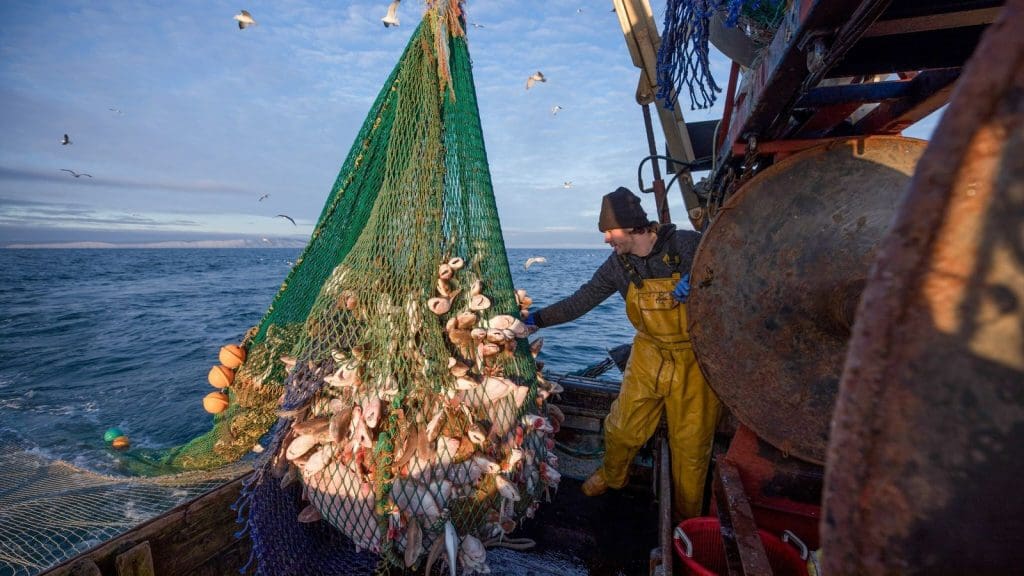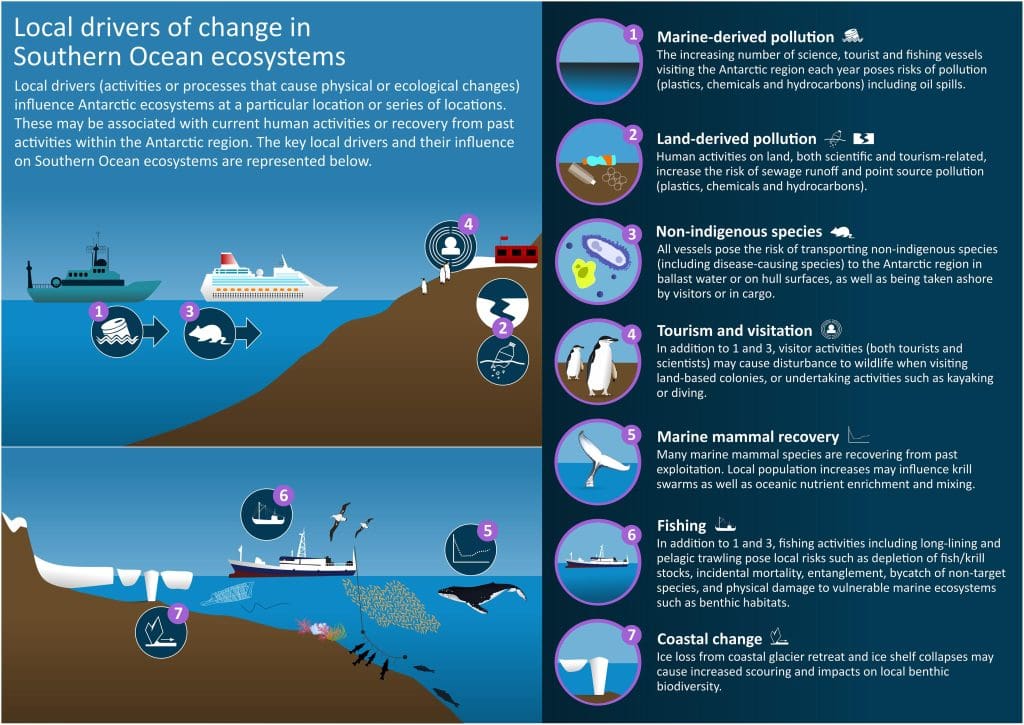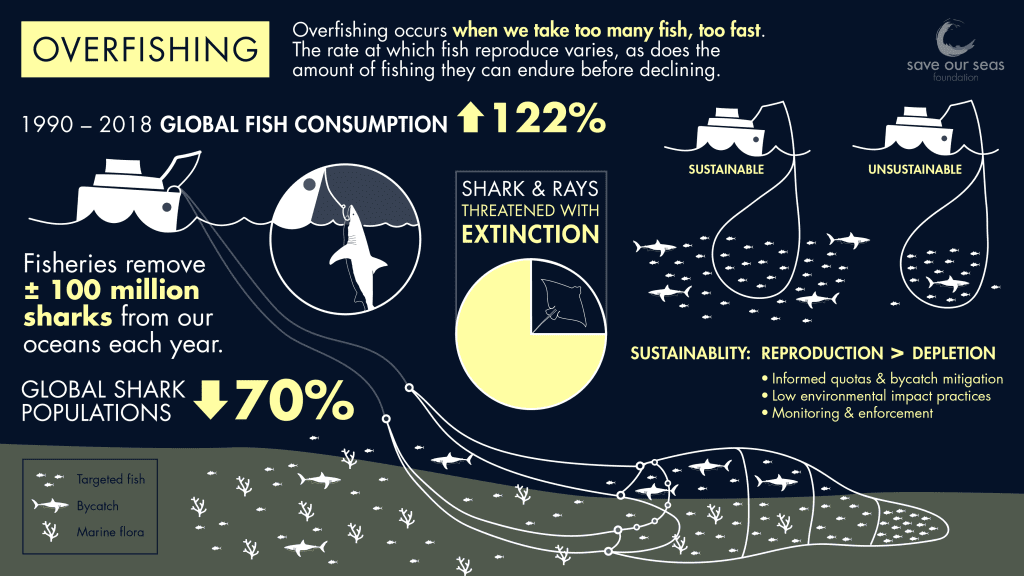The vast and mysterious oceans cover over 70% of our planet’s surface, providing a home for millions of species and playing a crucial role in regulating the Earth’s climate. However, our oceans are facing numerous threats, and one of the most significant is overfishing. Fishing has long been a vital source of food and livelihood for communities around the world, but the increasing demand for seafood, coupled with unsustainable fishing practices, has resulted in the depletion of many fish species and the destruction of ocean ecosystems. In recent years, the impact of fishing on ocean ecosystems has gained significant attention from scientists, policymakers, and the general public. As we continue to rely on the oceans for food and resources, it is crucial to understand the consequences of our actions and work towards sustainable practices that will ensure the health and productivity of our seas for generations to come. In this article, we will delve into the current state of our oceans, the impact of fishing on their ecosystems, and the importance of sustainable fishing practices in preserving their biodiversity and health.

Overfishing: A threat to biodiversity
The unsustainable practices of overfishing and fish farming have emerged as significant threats to marine biodiversity and the overall health of ocean ecosystems. These activities not only deplete fish populations but also disrupt the delicate balance of marine ecosystems. Overfishing, characterized by the excessive harvesting of fish beyond their reproductive capacity, leads to the depletion of species, including vulnerable and endangered ones. This loss of biodiversity can have far-reaching consequences, as each species plays a crucial role in maintaining the ecological equilibrium of the ocean. Additionally, fish farming, although intended to meet the increasing demand for seafood, often involves harmful practices such as the use of antibiotics, pesticides, and overcrowded conditions, which can lead to the spread of diseases and pollution. Recognizing the environmental consequences of overfishing and fish farming, it becomes imperative to explore and promote sustainable alternatives, including plant-based options, to alleviate the pressures on our fragile marine ecosystems. By highlighting these concerns and advocating for responsible fishing practices, we can work towards ensuring the long-term viability and health of our oceans.
Fish farming: Unsustainable seafood solution
Highlighting the environmental consequences of overfishing and fish farming on marine ecosystems and promoting plant-based alternatives to seafood is vital in addressing the unsustainability of the seafood industry. Fish farming, also known as aquaculture, was initially seen as a solution to declining wild fish populations. However, it has its own set of challenges. Large-scale fish farming operations often result in water pollution from excess feed and waste, and the escape of farmed fish can introduce genetic pollution and disease to wild populations. Additionally, the reliance on wild fish as feed for farmed fish exacerbates the problem of overfishing. To ensure the long-term health of our oceans, it is crucial to support sustainable fishing practices, reduce reliance on fish farming, and encourage the adoption of plant-based alternatives that can provide a similar nutritional profile without contributing to the depletion of marine resources. Emphasizing these solutions will contribute to the preservation of our marine ecosystems for future generations.
Ocean ecosystems: At risk
The delicate balance of ocean ecosystems is at risk due to various human activities, particularly overfishing and the negative impacts of fish farming. Overfishing, driven by high demand for seafood, has led to the decline of numerous fish species, disrupting food chains and compromising the biodiversity of marine ecosystems. Not only does overfishing deplete fish populations, but it also disrupts the delicate balance of marine food webs, affecting the abundance of other species that rely on these fish for sustenance. Furthermore, the expansion of fish farming has brought its own set of environmental consequences. The release of excess feed and waste from fish farms contributes to water pollution, while the escape of farmed fish can introduce diseases and genetically dilute wild populations. To safeguard the health of our oceans, it is imperative to implement sustainable fishing practices, reduce reliance on fish farming, and promote plant-based alternatives to seafood as a way to alleviate pressure on marine ecosystems. By doing so, we can preserve the richness and resilience of our oceans for future generations.

Environmental consequences of overfishing
Highlighting the environmental consequences of overfishing and fish farming on marine ecosystems and promoting plant-based alternatives to seafood is crucial in safeguarding the health and sustainability of our oceans. Overfishing not only depletes fish populations but also disrupts the delicate balance of marine food webs, leading to a decline in biodiversity and the abundance of other species reliant on these fish. Additionally, the expansion of fish farming has introduced new challenges, including water pollution from excess feed and waste, as well as the potential for genetic dilution and disease transmission to wild populations. To mitigate these impacts, sustainable fishing practices must be implemented, reducing reliance on fish farming and encouraging consumers to explore plant-based alternatives to seafood. By doing so, we can work towards a more resilient and balanced marine ecosystem for future generations.
















































